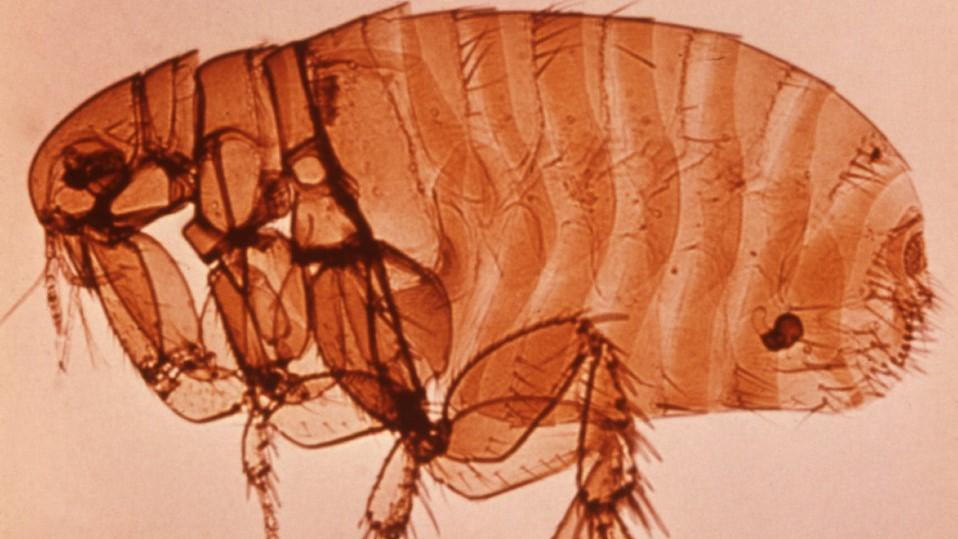Are Chewable Flea and Tick Preventatives Safe for Pets?

- posted: Aug. 13, 2022
Are Chewable Flea and Tick Preventatives Safe for Pets?
There are a variety of chewable and topical flea and tick preventatives available today that contain a class of drug known as isoxazolines. Recently, there have been a number of posts online and on social media suggesting that drugs like Bravecto, Simparica, and Nexgard are harmful to dogs and may be causing seizures and even death. But, is this true? Are these drugs safe for dogs and cats?
First, how do these drugs kill parasites? Isoxazolines absorb into the bloodstream after being ingested or topically applied and are distributed throughout the skin. When a flea or tick bites the pet, the isoxazolines kill the flea or tick by binding to chloride channels in the nerves and muscles of the flea or tick causing paralysis and death.
These drugs are considered safe for dogs and cats and side effects are rare with vomiting and diarrhea being the most common. HOWEVER, there are concerns with using this class of drug in pets who have pre-existing seizure disorders. If a patient has epilepsy or history of seizures or other neurologic problems, these drugs are not recommended as they are thought to lower the seizure threshold making it more likely that the pet may have a seizure. This warning is clearly stated on the product labels and our veterinarians do not recommend the use of flea and tick preventatives containing isoxazolines in patients who have a history of seizures. There have been a few very rare reported cases of tremors, incoordination and seizures in pets without a previous history of seizures who have used isoxazoline products.
Most of the problems reportedly associated with isoxazoline use are unproven and are considered to be cases of correlation without causation. For instance, a dog named Rocky comes in for a visit, receives a vaccine and a Bravecto tablet. Two days later, Rocky is vomiting and stops eating. While it is possible that Rocky’s vomiting is due to a reaction to either the vaccine or the Bravecto, he returns to the veterinary hospital where x-rays reveal that Rocky has ingested a toy and that is the reason for his vomiting. While perfectly reasonable to consider the vaccine or medication may have caused vomiting, in this case neither is responsible. There is a potential correlation with Bravecto being administered around the time the vomiting started, but no causation is found. Even though vomiting is a potential side effect of these treatments, the actual cause of the vomiting was the ingested toy.
Let’s keep in mind, no drug or supplement is ever going to be 100% safe. People have adverse reactions to many drugs-- including seemingly benign medications like aspirin and Benadryl --that range from minor to life threatening. The same goes for our pets. Any pet could have an individual sensitivity to any drug. These reactions are often unpredictable. If you think your pet is having an adverse reaction to a drug, contact your veterinarian and consider reporting the reaction to the drug company.
Our veterinarians believe Bravecto is a highly effective flea and tick preventative and we feel it is safe for the majority of our patients. We are happy to discuss any concerns and alternatives to Bravecto and similar products with our clients.
This blog brought to you by the Patton Veterinary Hospital serving Red Lion, York and the surrounding communities.
https://ourpetshealth.com/info/is-bravecto-safe
https://www.walkervillevet.com.au/blog/does-bravecto-kill-dogs/
Location
Patton Veterinary Hospital
425 E Broadway
Red Lion, PA 17356
